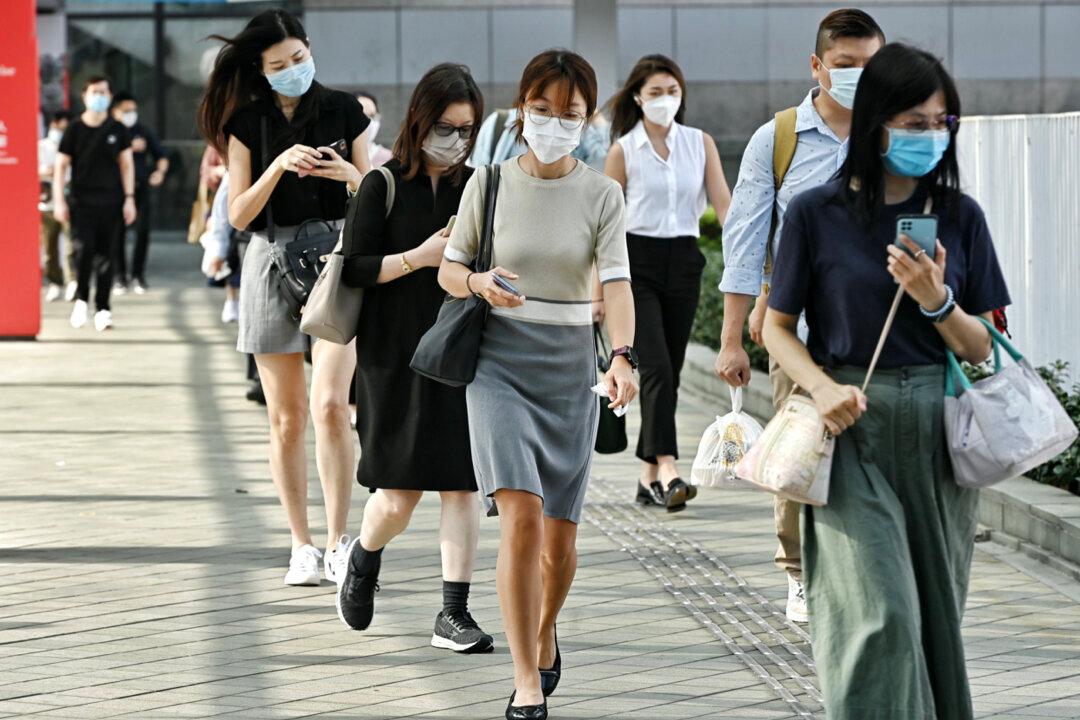As of late 2023, Hong Kong’s civil service team hit a 10.3 percent vacancy rate with 20,000 vacancies, the highest since the handover in 1997. A former civil servant believes the change may relate to Hong Kong’s eroding freedoms.
According to government statistics, the Hong Kong Police Force has the highest vacancy rate among various policy bureaus, departments, and offices. Of the 37,993 positions, only 31,156 are filled, with 6,837 vacancies at an 18 percent vacancy rate.




